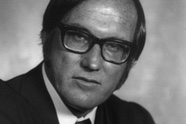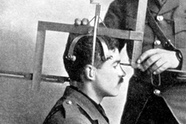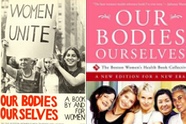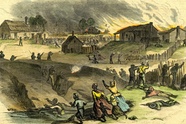The Roundup Top Ten for July 14, 2023

Child Labor Was Essential to Early Capitalism—Don't be Shocked it's Coming Backby Steve FraserAs employers seek new possibilities to exploit labor, state legislatures are going back to the future with rollbacks of child labor bans. |

Colleges Must Follow the Law, but they Don't Need to Aid SCOTUS's Resegregation Agendaby Richard Thompson FordFrom the architects of Jim Crow to William Rehnquist to John Roberts, conservatives have been able to use "color blind" principles to actively defend segregation. Colleges must consider this history in deciding how they adjust their admissions practices in response to SCOTUS's affirmative action ruling. |

In Post-Soviet Russia, Children Have Been Propaganda Instrumentsby Clementine FujimuraRussian regimes since the fall of Communism have inherited and created crises of mass orphanage; their policy responses to parentless children have been informed by politics and nationalism at the expense of child welfare. Removal of orphans from Ukraine to Russia is just the latest instance. |

The Body Mass Index Grew out of White Supremacy, Eugenics and Anti-Blacknessby Sabrina StringsBeneath the statistical and scientific imprimatur of the measurement lie a host of assumptions that the bodies of affluent white people are normal and those of others are deviant and deficient. |

Our Amicus Brief Against Florida's Stop WOKE Actby Amna Khalid and Jeffrey Aaron Snyder"The Supreme Court’s rejection of affirmative action in college admissions will provoke widespread debate. But not in the classrooms of Florida’s public colleges and universities, because the Stop WOKE Act prohibits it." |

Ozempic is the Latest Vain Pursuit of a Scientific Solution to Addictionby Simon TorracintaNow that the diabetes drug has been used off-label to suppress appetite, scientists are speculating about its use to suppress neurological aspects of addictive behavior. History suggests this is misguided. |

What "Crackhead" Really Meant in 1980s Americaby Donovan X. RamseyThe memories of politicians and police have been allowed to dominate our understanding of the emergence of crack cocaine in the 1980s. A new book seeks to elevate the voices of urban Black Americans and others who experienced it directly and still live with its effects. |

The Entanglement of Art and Slavery in the Work of Juan de Parejaby Rachel Hunter HimesDiego Velázquez painted the portrait of Juan de Pareja in 1650. An art historian considers what more we can learn about the painting and the world in which it was made by examining the paradox of a dignified and beatific portrayal of a man painted by another man who enslaved him. |

Why Has Medicine Looked at PCOS Through the Lens of Fertility Instead of Pain?by Alaina DiSalvoPolycystic Ovarian Syndrome has had a complicated history in medicine. But its path toward recognition has been unfortunately colored by a concern for preserving fertility instead of improving women's quality of life—even in groundbreaking feminist health guides like Our Bodies, Ourselves. |

In Memphis, Tyre Nichols's Killing Echoes 1866 Massacreby Isaiah Stafford and Kathy Roberts FordeIn the aftermath of the Civil War, Memphis was a city in political upheaval in which policing became a method of reasserting white supremacy. |